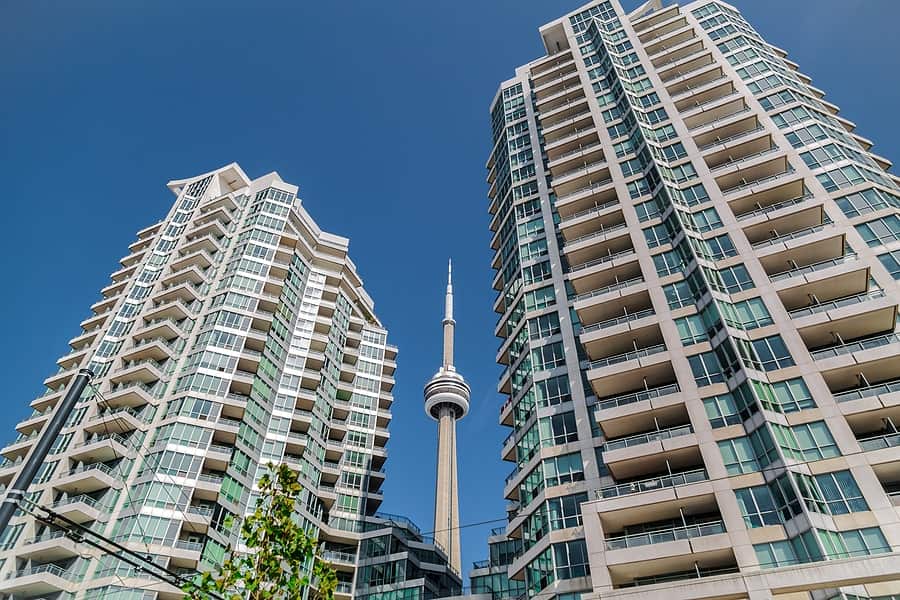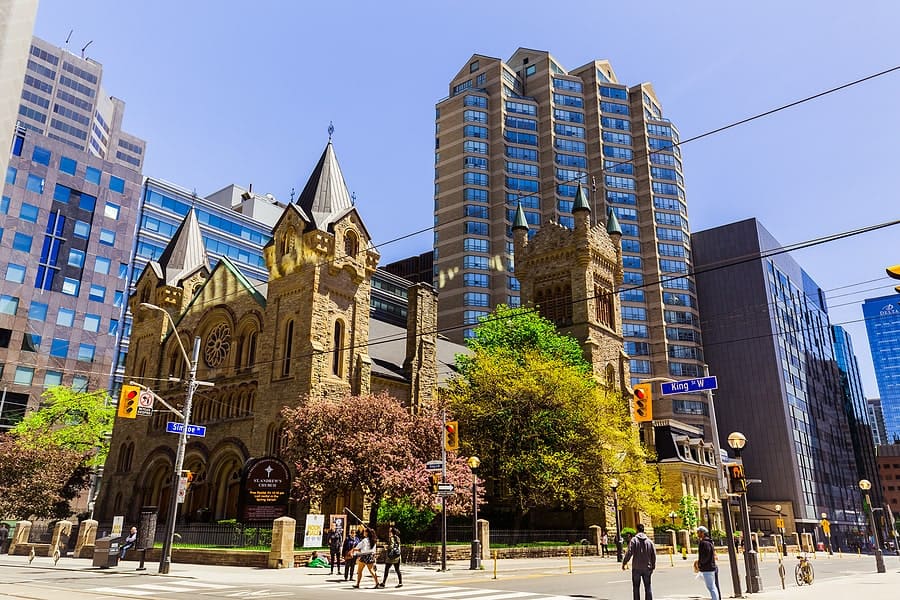
NOTE
On January 1, 2023, the Canadian government enacted the Prohibition on the Purchase of Residential Property by Non-Canadians Act, which prevents Non-Canadians from purchasing residential property, with certain exceptions.Whether you are trying to enter the Canadian real estate market for the first time or looking to reap the fruits of your long-term investment, Canadian non-residency can have a substantial impact on your bottom line. Both the Ontario and Canadian governments have enacted several rules which complicate the process for non-residents looking to buy, sell, or transfer real estate. The following is a list of some of the most common tax issues for foreign investors.
- Land Transfer Tax Rebates
- Non-Resident Speculation Tax (NRST)
- Income Tax Holdbacks
- Seeking Legal Advice
Land Transfer Tax Rebates
Both the Province of Ontario and the City of Toronto impose a land transfer tax on purchases of real estate based on the purchase price, but also provide a rebate to purchasers who meet certain qualifications. The maximum rebate is $8,475.00 for property located in the City of Toronto and $4,000 everywhere else in Ontario.
As of January 1, 2017 buyers who are neither permanent residents nor Canadian citizens (“Foreigners”) no longer qualify for the rebate, with few exceptions, even if they meet all other requirements. Those who would otherwise be eligible may still qualify for the rebate if they obtain Canadian citizenship or permanent resident status and apply within the 18-month period following the registration of the conveyance.
Foreigners can therefore usually expect to lose any rebate available to citizens and permanent residents.

Non-Resident Speculation Tax (NRST)
Ontario also imposes a steep tax on buyers who are Foreigners, calculated at 20% of the purchase price, usually payable at the time the purchase is finalized. The province applies similar rules for corporations that are controlled by Foreigners, as well as trusts where the trustee or beneficiaries are Foreigners. The NRST applies to purchasers of residential properties with one to six single-family residences and may notably include exemptions for Foreigners who
- Have a spouse who is not a Foreigner
- Are considered protected persons under Canada’s immigration legislations, or
- Are a nominees under the Ontario Immigrant Nominee Program.
While provincial rules do offer some flexibility with respect to Foreigners who receive their citizenship or permanent resident status within four years of finalizing the purchase, they also impose strict application deadlines.
Unless a Foreigner falls under one of the exemptions or is not purchasing a property that falls under the scope of the NRST rules, they will likely need to pay the additional 20% tax in addition to the standard land transfer tax.
Income Tax Holdbacks
While income tax consequences should always be at the forefront of every seller’s mind, non-residents should be especially sensitive to special tax rules. For the purposes of discussing federal income taxes, a “non-resident” refers to the tax residency of the seller or transferor, and not immigration status. Determining tax residency is beyond the scope of this article.
Because the federal government is interested in ensuring that non-residents do not collect their proceeds of sale without paying their taxes, section 116 of the Income Tax Act (Canada) makes purchasers jointly liable for unpaid taxes by the non-resident seller. Practically speaking, this joint liability has the effect of freezing 25-50% of the gross proceeds of sale until the Canada Revenue Agency (CRA) has assessed and collected their taxes due. This process can frequently take several months, if not more. A non-resident seller who needs immediate access to the full proceeds of sale (e.g. to payout the existing mortgage on title, or to fund a subsequent purchase) may find that they have no other choice but to cover any shortfall caused by proceeds being frozen (i.e. held back from the seller) using other funds.
We highly recommend that you speak with a tax professional if you have any questions or concerns about non-resident income tax rules.

Seeking Legal Advice
While this article touches on some of the tax considerations surrounding purchases, sales, and transfers in Ontario, it is by no means to be exhaustive or comprehensive. Furthermore, there are several other non-tax-related factors that may greatly complicate a planned transaction, such as the ability to get mortgage financing as a non-resident purchaser.
At Hummingbird Lawyers LLP, our real estate lawyers have vast experience and success with providing legal advice and direction when it comes to non-resident purchases, sales, and transfers.
For more information, please contact our office. Our team is always available to help.
